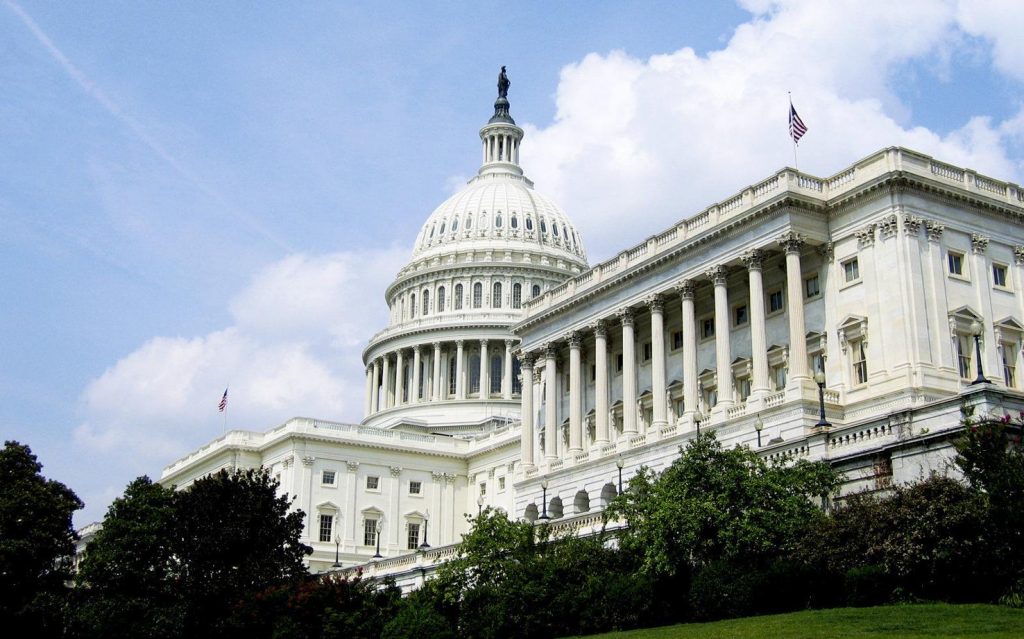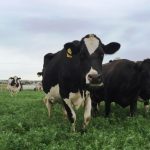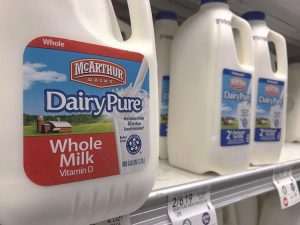
The bill passed the House in 2019 but was stopped cold in the Senate by the COVID-19 pandemic when non-pandemic legislation was put to the side, Claudia Larson, National Milk’s senior director of government affairs, said during the latest “Dairy Defined’ podcast.
Circumstances are different now than they were in 2019, with a couple of factors that could work in the bill’s favor, she said.
“We are in the middle of COVID, and we have seen COVID actually exacerbate the labor crisis that agriculture was already facing,” she said.
There are fewer domestic workers available to be referred to farms, so the labor crisis has been intensified, she said.
“So it’s especially significant now because there does seem to be an increased sense of urgency and need to address the crisis on American farms,” she said.
There is also a general sense of an appetite for immigration reform more broadly. President Biden put forth his proposal, both the Senate and House have taken up immigration reform as something they want addressed in a serious and meaningful way and different groups are more interested in reforming different parts of the immigration system, she said.
“That general broader appetite for immigration reform wasn’t as, sort of, pervasive in 2019 as it is now,” she said.
The reform that was passed in the House in 2019 was a bipartisan process with bipartisan support, and the current bill has the potential to be picked up and included in the broader immigration reform discussions, she said.
“We have this potential for a bipartisan ag labor reform bill to move through the House, make it over to the Senate and really seize this window of opportunity that is being presented in the current reality of a broader appetite for immigration reform,” she said.
The bill doesn’t have universal support in the agriculture community, but it does address dairy’s two broad, general needs — the protection of current workers and meaningful access to guest workers through the H-2A visa program, she said.
“It is not a perfect bill, no piece of legislation is going to be perfect. But by addressing the needs in a way that would be workable for dairy, it is a vehicle that we feel like we can support in moving it forward through the process so that additional improvements can be made,” she said.
If the bill sits stagnant, the industry loses the opportunity for continued discussions on finding an actual solution, she said.
“This window of opportunity, I think if we don’t seize it we’re not entirely sure when it will open again,” she said.
National Milk is focusing on moving the bill through the House with as much bipartisan support as possible to continue the discussion in the Senate and signaling to the Senate that it can be done in a bipartisan way, she said.
National Milk is also partnering with the Agriculture Workforce Coalition and having conversation with key members in the Senate, she said.




















